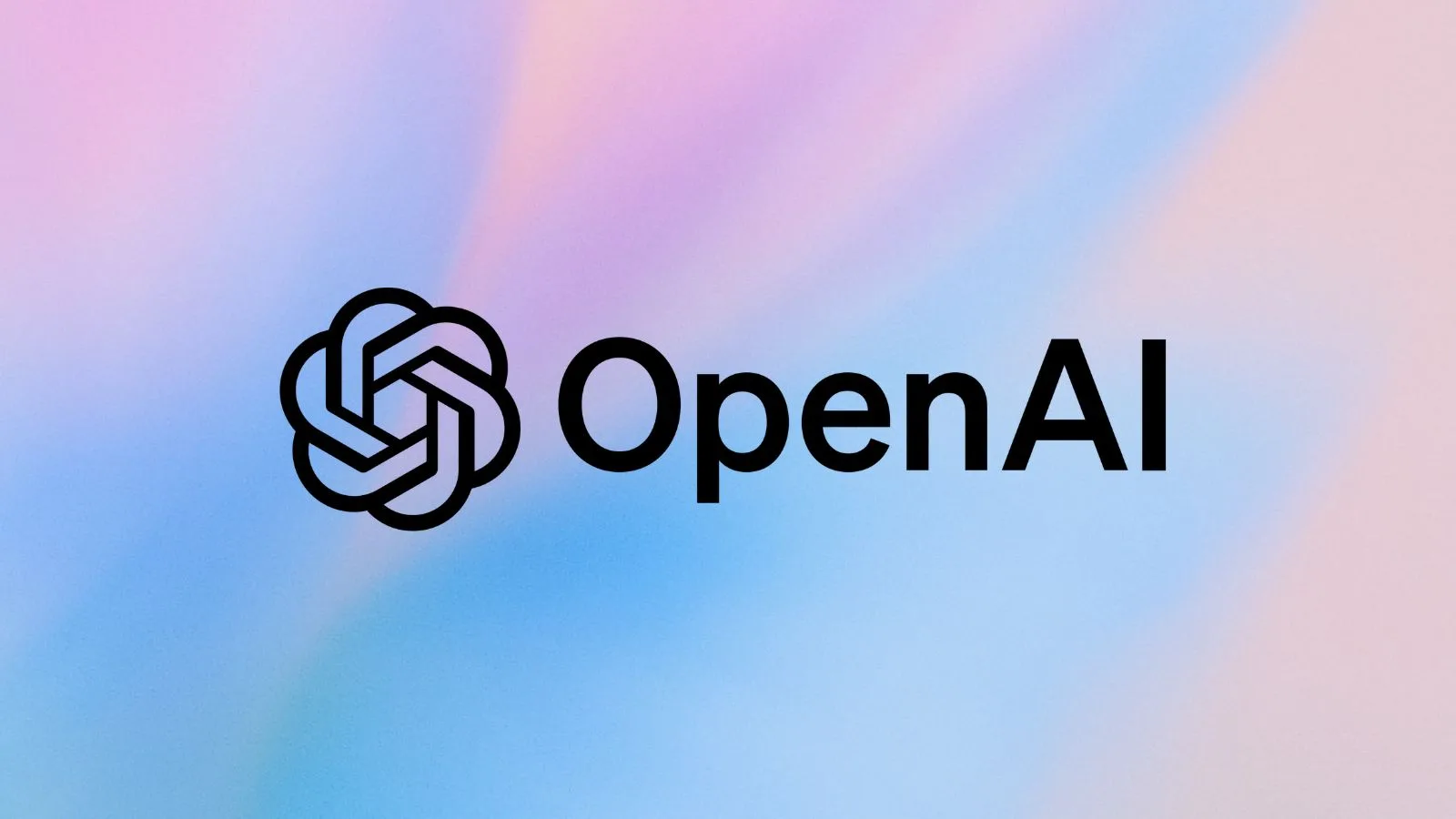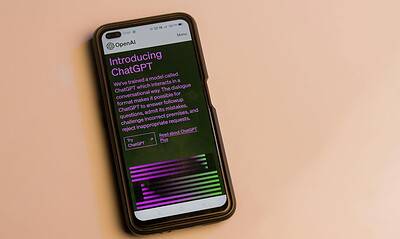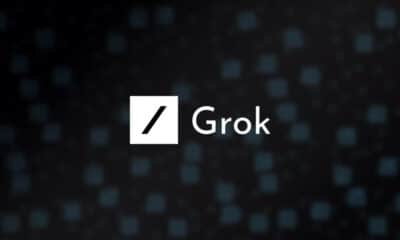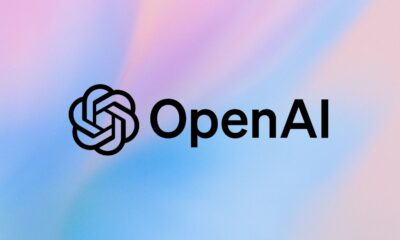AI
OpenAI’s next remix: an AI-powered music generator
The new system is said to create music from both text and audio prompts.

Just a heads up, if you buy something through our links, we may get a small share of the sale. It’s one of the ways we keep the lights on here. Click here for more.
Just when you thought OpenAI had conquered words, images, and videos, it’s apparently tuning up for its next act, music.
According to The Information, the company behind ChatGPT and the much-debated Sora video tool has quietly started work on an AI model that can generate tunes from scratch.
And this isn’t some garage-band experiment: the model is reportedly being trained on annotated music data from Juilliard students.
Yep, OpenAI went straight to the Ivy League of melody to make sure its AI doesn’t sound like a robot with a kazoo.
The new system, still under wraps, is said to create music from both text and audio prompts, essentially allowing users to say: “Hey, make me a lo-fi beat about quantum physics,” and receive a studio-quality result in seconds.
The goal? Everything from quick ad jingles to full-blown orchestral soundtracks, potentially integrated into ChatGPT or Sora.
If this sounds familiar, that’s because OpenAI has dabbled here before. Remember MuseNet (2019) and Jukebox (2020)?
Those early experiments were more proof-of-concept than hitmakers.
But this time, the company seems serious, and it’s entering a space already buzzing with legal drama.
Startups like Suno and Udio, the current leaders in AI-generated music, are facing lawsuits from major record labels claiming copyright infringement.
OpenAI, with its massive reach and deep pockets, could become both the hero and the villain of this next creative showdown.
There’s also the big question: who owns the music that an AI makes?
With Sora’s deepfake controversy still echoing through Hollywood, OpenAI’s music ambitions will likely crank up fresh debates about consent, licensing, and revenue-sharing.
If all goes according to plan, the company could announce its new music tool by 2026 or 2027. Whether it drops as a creative breakthrough or a legal disaster remix remains to be seen.
One thing’s for sure: the next time you ask ChatGPT for a song, it might actually hum one back, assuming the lawyers don’t unplug the speakers first.





























